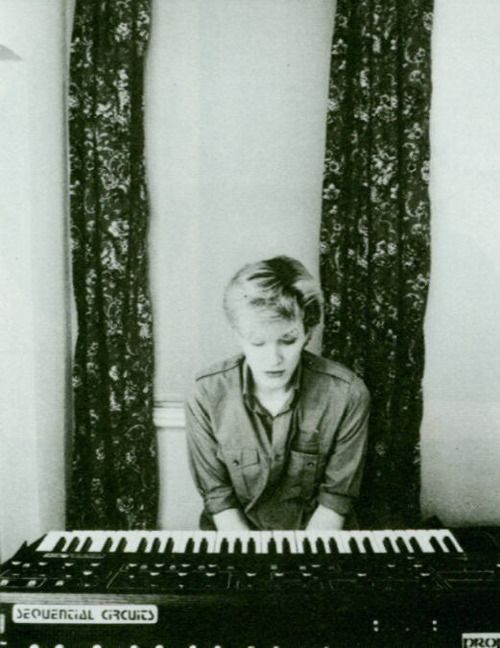The origins of this piece came out of a discussion about neoliberalism and music in the context of the legacy of the 1960s counter culture. The debate revolved around two lines – whether punk was an ending or continuation of the 60s, and whether neoliberalism has subsumed and commodified counter-cultural themes, making them null and void.
Read moreAccording to Franco Moretti, the fear of bourgeois society can be summed up in two names: Frankenstein and Dracula. He notes how both were born in 1816 on a rainy evening near Geneva, at a time when industrial development was just beginning to get underway (1997, 83). His argument is that Frankenstein and Dracula are dramatic, totalizing monsters. Unlike the feudal or aristocratic ghosts who were confined to a castle, these figures go international, expressing the motions of capital and labour. While originally published in 1983, his argument resonates most strongly in the late neoliberal period.
Read moreImagine it is 2016. Clinton is still ahead in the polls, she has every hope of gaining the White House. One night she dreams she has won, and, just as she steps into the Oval Office she glances in a mirror to find, glaring back at her, none other than Trump.
Trump’s presence in the White House is the eruption of what I shall go on to explore as the uncanny; a rupture of form; an intrusion of something monstrous into the heart of the body politic.
Read moreParis based cultural theorist Boris Groys exerts a strange pull on the minds of many who seem predisposed to accept what he has written about everything except the Soviet experience. When it comes to his writings about the relationship between art, curation and the internet, he is listened to and his ideas are formative of our contemporary discourse on modern art.
When it comes to his varied works on philosophers, we engage with his iconoclasm. There is something attractive about a way of looking at philosophy that draws its model from Duchamp’s (or R. Mutt’s) expo of an upside-down urinal.
Read more

